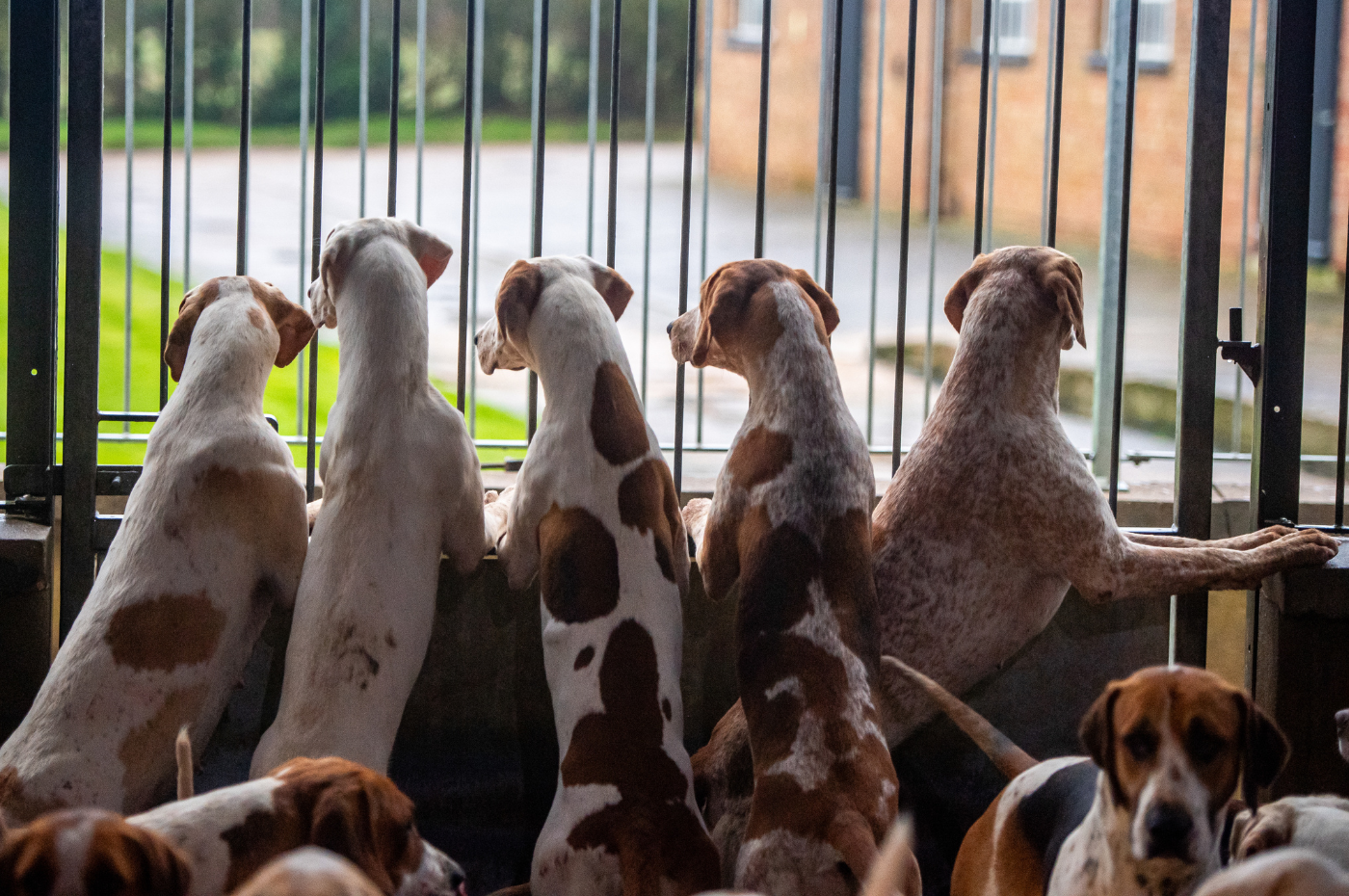Tim Bonner: Sociopaths, C-list celebs and Boxing Day meets
Every December, towns and villages across the country demonstrate something...
View Details
Science should take us on a journey to reach a conclusion, at least that’s the theory.
For some groups, however, it often appears to be the other way round, using only the science that suits their argument. The same could be said of evidence too, none more so in the case of the campaign against hunting with hounds.
As far back as the 1940s, the evidence offered by anti-hunting groups was regarded as being doubtful, more propaganda in nature than based on fact. The Committee into Cruelty to Wild Animals (the Scott Henderson Report) found that groups like the League Against Cruel Sports submitted information mainly gleaned from the media, which often played on the public’s emotion, “…it has become quite obvious to us that many of those who claim to oppose these sports base their opposition mainly on misconceptions.”
Anti-hunting groups clearly do not see independent analysis of evidence surrounding hunting (which tends to show how the predator/prey relationship removes the weak and diseased animals leaving populations healthier) as helping their ‘cause’. The Committee of Inquiry into Hunting with Dogs (the Burns Report in 2000) was ‘unnecessary’ according to the LACS, but once completed, its director wasted no time in alleging, “We now have the findings of the Burns inquiry which support the case for a complete ban.” The only problem being the claim is false, prompting committee members to issue statements such as this from Lord Soulsby, “…many bodies have erroneously quoted the Burns Report, stating that it clearly demonstrated that the practice of hunting wild animals with dogs caused cruelty. The report did not state that.”
Likewise, the announcement of a three-day Parliamentary inquiry into hunting with dogs was not welcomed by the anti-hunting groups, even threatening to scupper the whole proceedings if certain witnesses were called. Yet the Portcullis House Hearings in 2002 still managed to involve so-called ‘evidence’ from the antis that likened hunting with dogs to whaling and a claim that science has proven hunting to cause unnecessary suffering, prompting the scientist who conducted the original research to complain that his work proved nothing of the sort.
One might have thought that the RSPCA would act in a more responsible manner, but no. Parliamentarians requested the evidential base for a policy opposing hunting (as required under charity law) and in response the head of the RSPCA argued their policy, “has been developed over many years on the basis of a large body of scientific and technical evidence…” But where is that information? Further requests were constantly made for the specific research papers, but nothing has ever been produced.
Throughout this whole sorry saga, in which pro-hunting organisations willingly took part in what they assumed would be fair and unbiased inquiries, there have been many instances of antis using misinterpreted research and opinion being quoted as peer-reviewed science, while ignoring relevant studies that were inconvenient. The result was what was intended all along – a hunting ban based on ‘evidence’ and ‘science’ twisted, cherry-picked and falsified for that end.
Having initially agreed to exemptions in the Hunting Act and claiming it to be a significant improvement for animal welfare, anti-hunting groups now say the legislation is flawed. Like many other extremist groups, they are never satisfied and now call for tighter restrictions of the legislation they helped draft.
Following a false scent instead of live wild animal was the ‘humane alternative’ that everyone could support. This was the clarion call during the passage of the Hunting Act, but anti-hunt groups clearly had a wider agenda and now have convinced the current Labour government to go further.
Trail hunting, claim the antis, is simply a ‘smokescreen’ to allow live quarry hunting. While there have indeed been prosecutions for breaching the Hunting Act – some hunts have rightly been severely penalised by the British Hounds Sports Association – to blame and ban all 229 hunts would be grossly illiberal. A ban would also ignore the consequences of hunt kennels, staff, hounds all being made redundant, as well as the detrimental effect on associated trades, such as farriers and feed merchants, that rely on hunts, many of which are, in effect, small rural businesses.
Once again, this brings into question the ‘evidence’ produced by anti-hunting groups, whether they be so-called ‘hunt monitors’ (hardly unbiased) or hunt saboteurs (hardly trustworthy). Take, as an example, the case of a hunt saboteur from the Midlands, found guilty in 2020 of perverting the course of justice and given a two-year suspended sentence. Or an East Essex Hunt incident in 2023 during which a hunt saboteur admitted spraying over a trail laid by the hunt. Now why would saboteurs do that? To film hounds veering off and chasing a wild animal? That would indeed be useful footage. The LACS claims there were 526 reports of illegal hunting in the last season, so why not 526 prosecutions?
If Parliamentary time is to be spent revisiting the Hunting Act, it would be worth reminding legislators that only genuine evidence should justify actions and that only genuine science can properly inform.
%205_1400x930px.jpg)
Every December, towns and villages across the country demonstrate something...
View Details
Yesterday (Wednesday 29 October, 2025) the government announced it will carry...
View Details
Last year’s Peterborough unentered dog hound champion, VWH Saddler 24, proved...
View Details